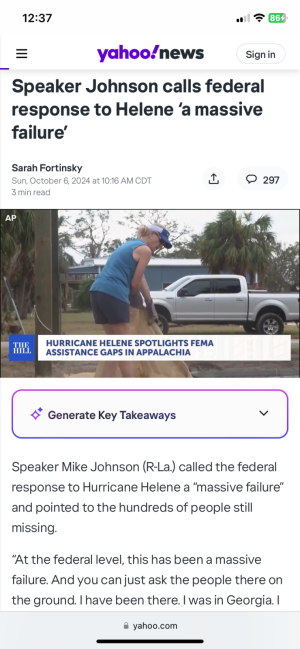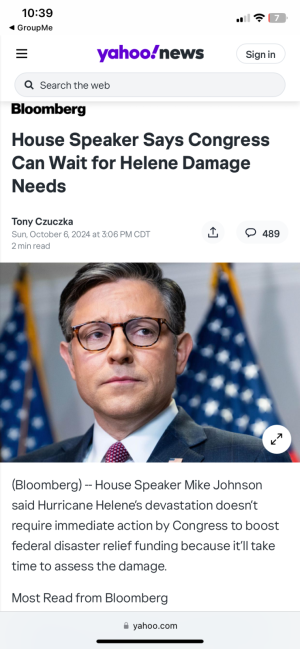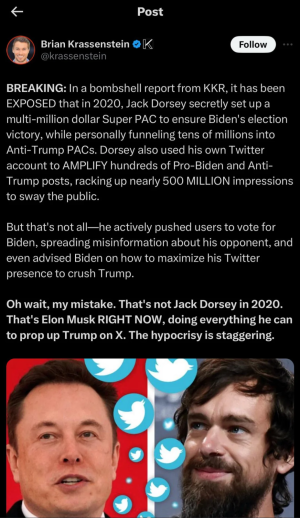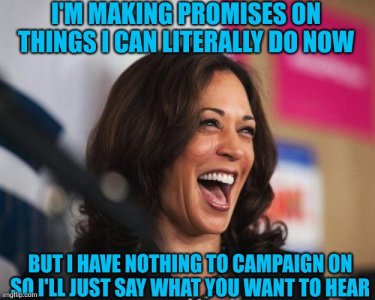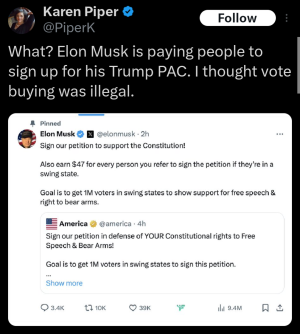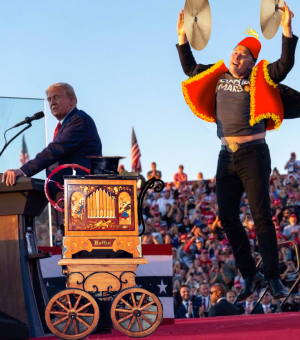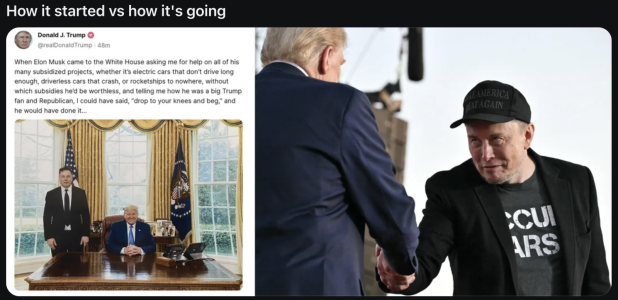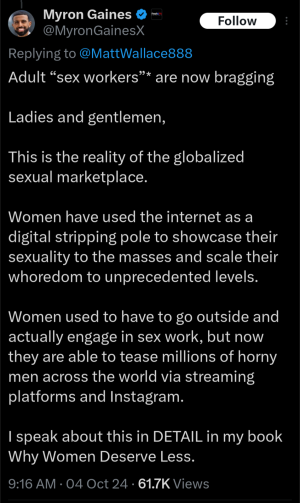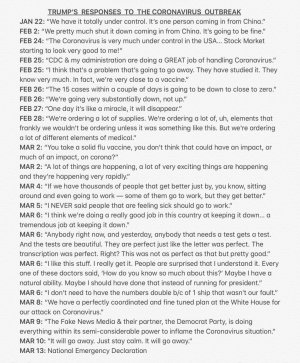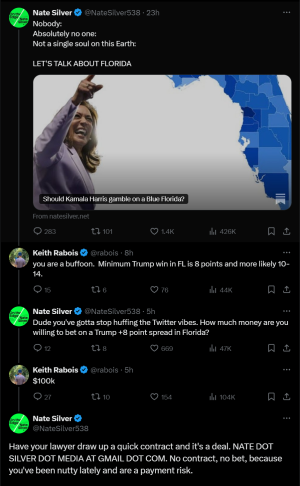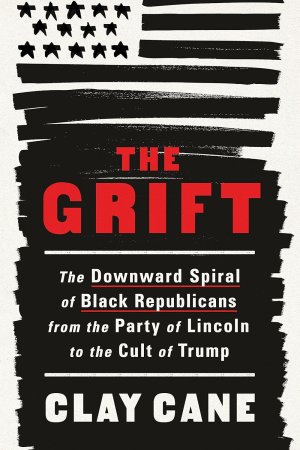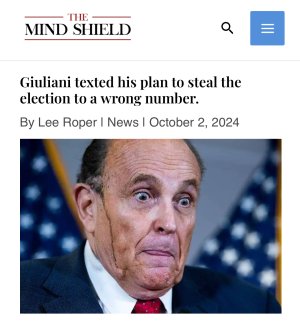EddieDoyers
formerly eddiengambino
- 46,208
- 23,878
- Joined
- Apr 3, 2012
^Carrier did the same thing in 2011 and got 1.5 million dollar in tax breaks to not outsource
In this year, they were already planning to leave to Mexico when Mike Pence told them to pay back their tax breaks, which the billion dollar corporation paid back some of it. However, with this situation, now they are getting paid more to retain only half of their workforce while still being able to ship half the other jobs to Mexico, and this trend will continue on and on to extort the state of Indiana every couple years. If you can't see the long term play by Carrier to maximize their profits when they are already making billions at the expense of the taxpayer, I have an island to sell to you in Idaho.
It's nothing like the auto bailout where our American car companies were bankrupt....these guys are still earning major profits.
In this year, they were already planning to leave to Mexico when Mike Pence told them to pay back their tax breaks, which the billion dollar corporation paid back some of it. However, with this situation, now they are getting paid more to retain only half of their workforce while still being able to ship half the other jobs to Mexico, and this trend will continue on and on to extort the state of Indiana every couple years. If you can't see the long term play by Carrier to maximize their profits when they are already making billions at the expense of the taxpayer, I have an island to sell to you in Idaho.
It's nothing like the auto bailout where our American car companies were bankrupt....these guys are still earning major profits.
Last edited:










